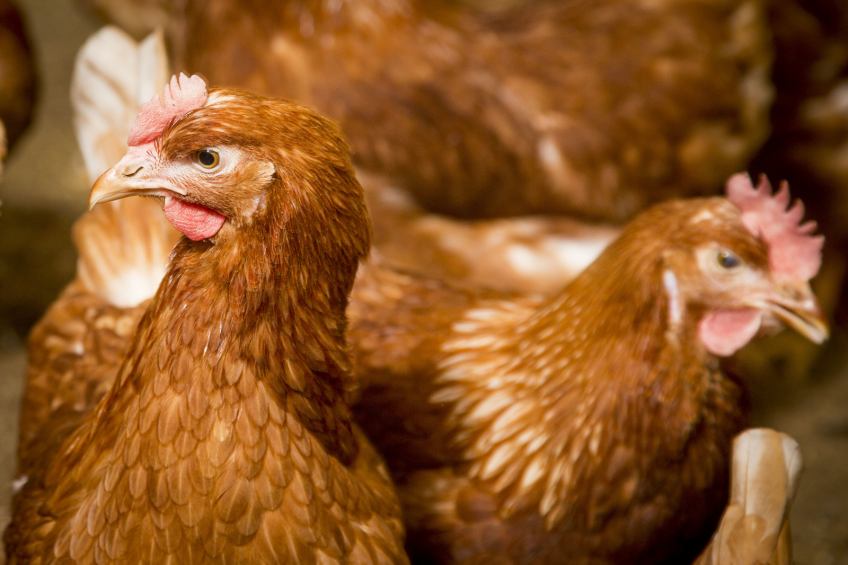New Zealand poultry industry initiated by Captain Cook

New Zealand’s first domestic chickens were likely set loose by Captain James Cook and his crew on their second voyage to the islands, according to recently published research.
Using radiocarbon dating and DNA analysis, researchers determined the age and origin of ancient chicken bones from 3 archaeological sites on New Zealand’s South Island. The researchers, who published their findings in Royal Society Open Science, found that the age of the bones from 2 of the sites coincided almost exactly with Captain Cook’s 1773 expedition to the area.
Polynesian settlements
This predates regular European visitations by about 30 years but is also far later than Polynesian settlement, which happened sometime between AD1000-1300. The bones from a third site were younger, their age corresponding more closely to early sealing expeditions.
Geneticist and co-author Dr Michael Herrera, from the University of Adelaide, said chickens were a common species brought along by voyagers as a source of food. “When the first Polynesians were exploring or settling in the Pacific, they had to have a survival strategy and part of that strategy was to bring chickens to snack on or establish in the new environment,” Herrera said.
New Zealand thought to have been chicken-free
Early Polynesian settlers were known to have established chicken colonies in other parts of the East Polynesian archipelago. Chicken bones corresponding to that early settlement period have been found on islands such as Hawaii and Easter Island, however New Zealand appeared to have remained chicken-free.
Dr Herrera said one reason for the lack of chicken on New Zealand during early Polynesian settlement may have been the abundance of food already available there. “If they did bring chickens with them, because large game are available like flightless birds, maybe it wasn’t worth the effort to establish them because there were other resources available,” he said.
Origin of New Zealand’s first Gallus gallus domestiscus
That left it up to Captain Cook to be the first to truly liberate Gallus gallus domesticus into New Zealand. Analysis of Captain Cook’s records revealed that the expedition acquired chickens during a stop at the Cape Verde islands off the west coast of Africa, and may also have brought them from England, South Africa, Tahiti and Tonga on the way to New Zealand.
The travellers then gifted several pairs of roosters and hens to Maori chiefs, close to the areas where the bones were found.
Little confidence on chicken survival
Although Captain Cook reported he had little confidence the birds would survive, one year after the chickens were released at West Bay in Marlborough Sound, a fresh hen’s egg was found there.
“Previously, there has been no record of what became of the chickens Captain Cook left in New Zealand, yet the bones examined here suggest they may have been bred and transported by Maori moving along the east coast of the South Island, and were possibly traded between groups,” the researchers wrote.
Source:













